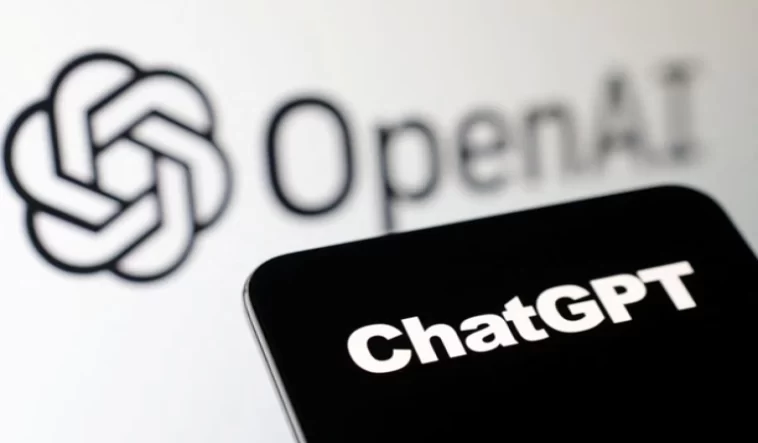Legislators have raised questions about it because of potential effects on education and national security, though.
ChatGPT broke the previous record for the fastest-growing consumer application in history when it reached an estimated 100 million monthly active users just two months after its launch. Due to its unprecedented success, calls for tighter regulation of the technology are becoming more frequent.
ChatGPT was developed by OpenAI, a business supported by Microsoft Corporation. It is free and open to the general public. Although this kind of generative AI is widely used, there are concerns that it could be abused to spread misinformation, and teachers are concerned that it could make cheating easier.
The Democratic member of the House of Representatives Science Committee, Representative Ted Lieu, expressed excitement about the potential of AI to advance society while also expressing concerns about the unchecked and unregulated nature of ChatGPT and AI in general.
Lieu introduced a resolution that ChatGPT wrote urging Congress to concentrate on developing and implementing AI in a way that prioritizes safety, ethics, and privacy for all Americans while making sure the advantages of the technology are widely distributed and the risks are minimized.
To discuss the rate of change in AI and its potential applications, OpenAI CEO Sam Altman has met with lawmakers with an interest in technology, including Senators Mark Warner, Ron Wyden, and Richard Blumenthal, and Representative Jake Auchincloss. Lawmakers have stressed the need to prevent biases in automated systems that could result in real-world discrimination.
Concerns have also been raised about the use of ChatGPT in schools, with the technology reportedly banned in New York and Seattle due to fears of plagiarism and cheating. OpenAI has stated that it is developing measures to prevent the misuse of its technology.
National security issues with ChatGPT have been brought up by Andrew Burt, managing partner of BNH.AI, a law firm specializing in AI liability. He suggests that nefarious actors could use the technology to produce false and harmful information. Burt has had discussions with lawmakers looking into possible regulations for ChatGPT and other AI systems of a similar nature.
The chief technology officer of OpenAI, Mira Murati, has welcomed regulation and stated that the company is open to receiving feedback from authorities. Data privacy, bias, and transparency are a few potential regulatory focus areas that ChatGPT has identified. Despite the fact that the technology is still neutral, there are growing calls for its responsible deployment, which puts a priority on ethical and public safety issues.


